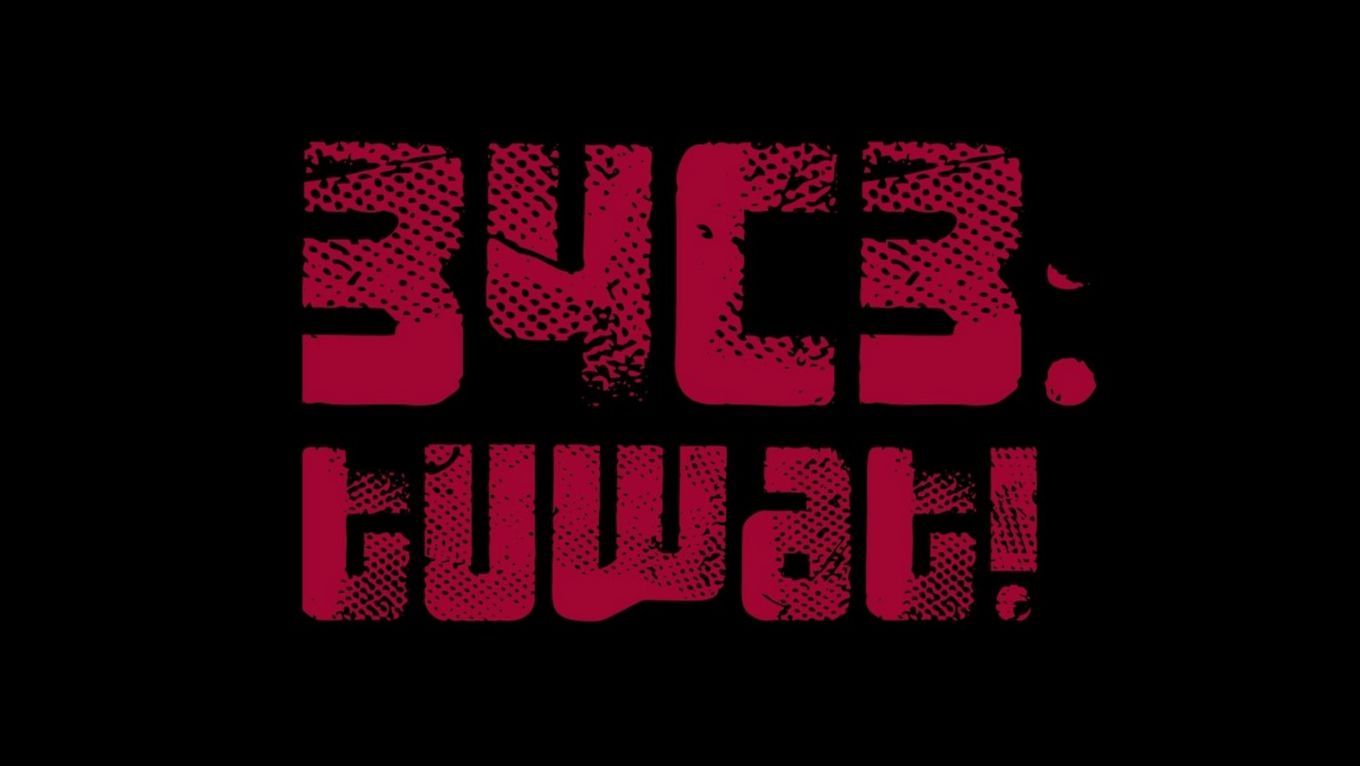Science
Science is broken
How much can we trust science in light failed replications, bogus results and widespread questionable research practices?
We're supposed to trust evidence-based information in all areas of life. However disconcerting news from several areas of science must make us ask how much we can trust scientific evidence.
The field of psychology is faced with a crisis where many results that were trusted for decades are called into question. Obviously bogus results like one trying to prove that precognition is real can be created with the existing scientific standards.
In replication attempts in preclinical cancer research more than 90 percent of study results could not be confirmed. Pharmaceutical companies are constantly under attack for questionable research methods. The scientist John Ioannidis asked more than ten years ago "Why most scientific research findings are false".
These aren't just single incidents, they show much deeper problems in the way science is performed today. Scientific results get published if they yield to "positive" results and land in the drawer if the results are "negative", giving an incomplete and often skewed picture. In many fields scientific studies are never replicated. Scientific incentive structures like the Impact Factor prefer sensational results more than rigorous scientific standards.
But there's also some move into the right direction. Trials registers or registered reports can prevent or at least detect many questionable research practices. The replication crisis has led some fields to put more emphasis on repetitions of important results.
Appart from the fact that we get a wrong picture of reality these shortcomings of science also are undeserved munition for those who'd like to reject the scientific principle as a whole.
How broken is science - and what can be done to make more scientific results true?
Additional information
| Type | lecture |
|---|---|
| Language | English |
More sessions
| 12/27/17 |
Quantitative science evaluation, such as university rankings, rely on man-made algorithms and man-made databases. The modelling decisions underlying this data-driven algorithmic science evaluation are, among other things, the outcome of a specific power structure in the science system. Power relations are especially visible, when negotiated during processes of boundary work. Therefore, we use the discourse on 'citation cartels', to shed light on a specific perception of fairness in the ...
|
| 12/27/17 |
For a few decades by now, satellites offer us the tools to observe the whole Earth with a wide variety of sensors. The vast amount of data these Earth observations systems collect enters the public discourse reduced to a few numbers, numbers like 3 or even 300. So, how do we know the amount of ice melting in the arctic or how much rain is falling in the Amazon? Are groundwater aquifers stable or are they are being depleted? Are these regular seasonal changes or is there a trend? How can we even ...
|
| 12/27/17 |
Jeder kennt sie, kaum jemand versteht sie wirklich, die vielleicht berühmteste Gleichung der Welt: E=mc^2 Was hat es damit auf sich, was ist die spezielle- und was die allgemeine Relativitätstheorie? Wie kann man sicher sein, dass das wirklich stimmt? Bleibt die Zeit stehen, wenn man sich mit Lichtgeschwindigkeit bewegt? Was ist das Zwillings-Paradoxon und dehnt sich das Universum aus, oder werden wir einfach nur immer kleiner?
|
| 12/28/17 |
Eine wissenschaftliche Perspektive auf die achtlose Anwendung der Algorithmen des maschinellen Lernens und der künstlichen Intelligenz, z.B. in personalisierten Nachrichtenempfehlungssystemen oder Risikosoftware im US-Justizsystem.
|
| 12/28/17 |
Wouldn’t it be awesome to have a microscope which allows scientists to map atomic details of viruses, film chemical reactions, or study the processes in the interior of planets? Well, we’ve just built one in Hamburg. It’s not table-top, though: 1 billion Euro and a 3km long tunnel is needed for such a ‘free electron laser’, also called 4th generation synchrotron light source. I will talk about the basic physics and astonishing facts and figures of the operation and application of these ...
|
| 12/29/17 |
Holography of Wi-Fi radiation Philipp Holl [1,2] and Friedemann Reinhard [2] [1] Max Planck Institute for Physics [2] Walter Schottky Institut and Physik-Department, Technical University of Munich When we think of wireless signals such as Wi-Fi or Bluetooth, we usually think of bits and bytes, packets of data and runtimes. Interestingly, there is a second way to look at them. From a physicist's perspective, wireless radiation is just light, more precisely: coherent electromagnetic radiation. It ...
|
| 12/29/17 |
Space Solar Power station, such as SPS Alpha, could overcome some issues that renewable energy plants on Earth suffer of structural basis when challenges such as energy transfer from orbit to Earth are solved. But will this solve the Earth's problems in a peaceful way?
|

